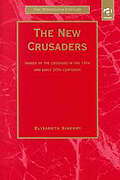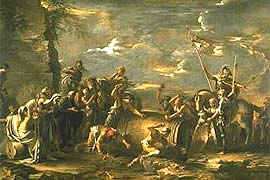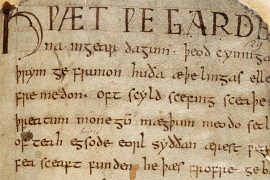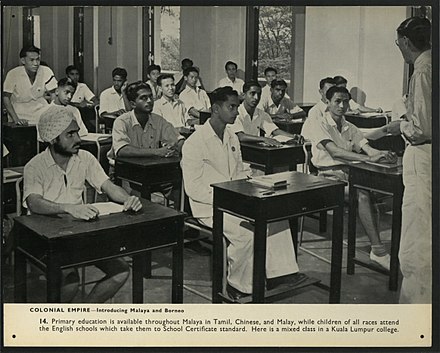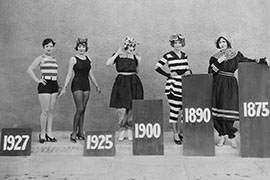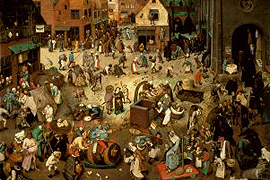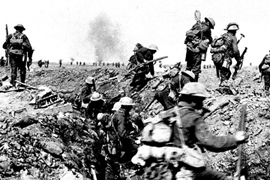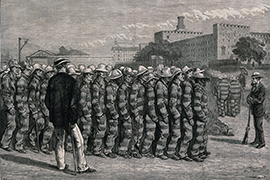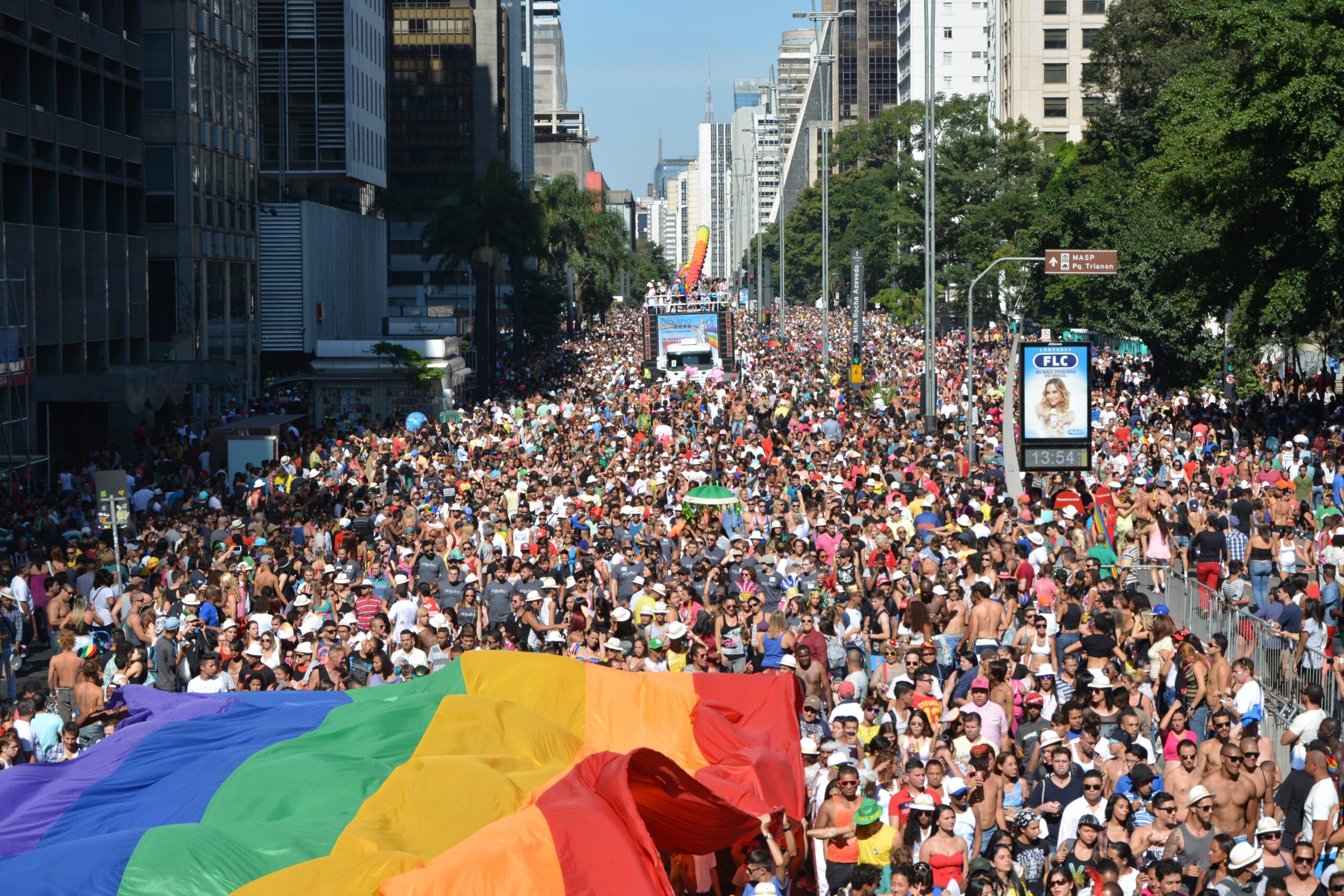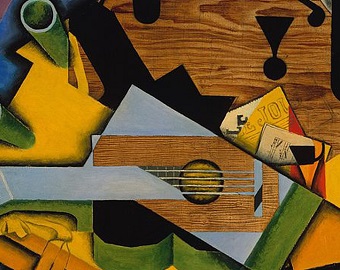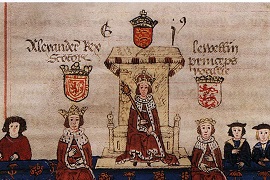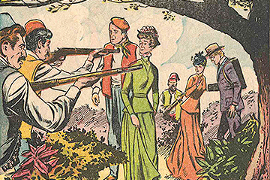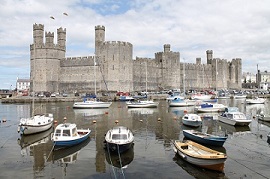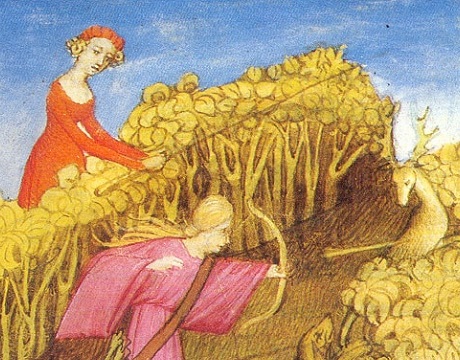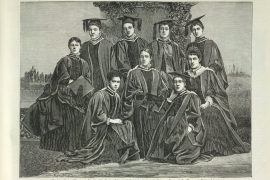Special issue - The Crusades, from Reconstruction to Memory
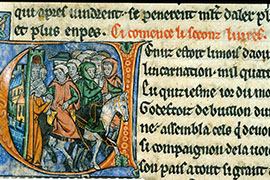
This special issue was curated by Dr Stephen Spencer, Past and Present Fellow at the Institute of Historical Research. The selections reflect two dominant strands of historical enquiry in crusades-related studies: empirical reconstruction and memory. Arranged chronologically, several bear witness to the value of carefully reconstructing the scope and course of crusading expeditions, the careers of individual crusaders, the complex history of the Latin East, and the policies developed by specific popes. Others illuminate the variety of Muslim responses to the crusades, the persistence of crusading beyond the traditional terminus date of 1291, the incorporation of previously marginalised sources into the mainstream through accessible translations, the importance of treating ‘crusade texts’ within the broader panoply of historical writing, the growing trend of approaching narrative histories as literary creations and shapers of memory, the creation and transmission of dynastic crusading traditions, and the enduring memorialisation and appropriation of the crusades in the modern era.
The Children’s Crusade: Medieval History, Modern Mythistory / Gary Dickson
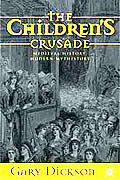
Review Date: 31 July 2009
Agatha Christie’s 1970 novel Passenger to Frankfurt might seem like an unusual place to start a history of the Children’s Crusade in 1212. To capture the radical youth-culture of the 1960s lying at the heart of her plot, Christie invoked the Children’s Crusade as a familiar symbol of misguided and ultimately dangerous youthful folly. Gary Dickson, however, is not interested in history alone.


